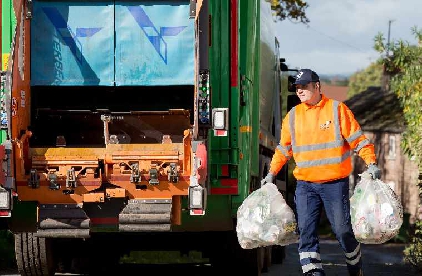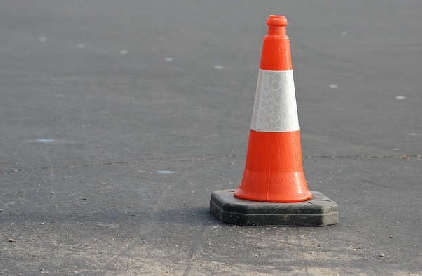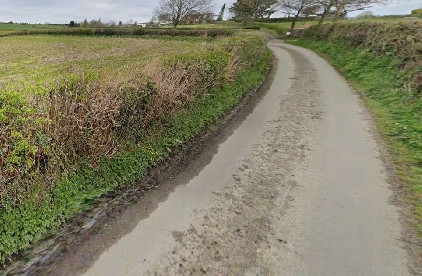
Herefordshire Council has agreed tough new targets for reducing waste across the county over the coming years.
The heads of council departments approved a new waste management strategy which commits Herefordshire to:
- reduce non-recycled household waste to below 330kg per household per year by 2035 – down from 516kg in 2019-20;
- recycle or reuse 55% of waste by 2025, 60% by 2030 and 65% by 2035 – up from the current rate of 42%;
- ensure no more than 1% of waste is sent to landfill from 2025, down from the current 22%;
- reuse or recycle 85% of waste left at household waste recycling centres by 2035, up from the current 75%.
To meet the first of these aims, a weekly kerbside food waste recycling service is being introduced from December 2023.
The council’s head of procurement Cllr Gemma Davies said: “We can’t stick with the way we deal with waste now. This strategy seeks to prevent waste entering the system in the first place.”
She said the upcoming Environment Bill will require local authorities to do more to reduce waste, but added: “The main reason is it’s the right thing to do.”
“This will be a big change for residents,” she said. “It can be difficult to have lots of bins or storage containers but it can and must be done.”
LibDem group leader Cllr Terry James said the large number of recycling containers required in neighbouring Powys puts demands on both the council and public.
“It’s not user-friendly and many lay-bys are fly-tipped with residential waste,” he said. “Keep it simple and the public will use it.”
The council’s programme director for waste Rachael Joy said: “It’s for each authority to decide what works best for its area. But the government will force more and more separation of waste, which we will have to take account of.”
The council currently spends £4m on waste collection and £11m on disposal. The collection contract with FCC Environment is due to expire at the end of 2023, while its waste disposal contract with Mercia Waste Management, run jointly with Worcestershire County Council, ends in 2024.
The new priorities will be reflected in the new contracts after those dates, the strategy says.
Council leader David Hitchiner said: “Waste is among the biggest contracts the council awards, so it’s important we get this right.”
While it costs the Council £30.50 per household per year to collect and process waste for recycling, it costs over twice as much – £62.70 per household – to collect and treat the remaining waste for disposal.
Currently the majority of the county’s waste is sent to the EnviRecover energy-from-waste plant near Hartlebury, Worcestershire, where it is incinerated to generate electricity.
The meeting also agreed £1.5m of funding for new waste handling schemes around the county which will trial ways of meeting the new targets.

 Revealed: The main roads in Herefordshire prioritised for repairs
Revealed: The main roads in Herefordshire prioritised for repairs
 Villagers fustrated over lack of road repairs
Villagers fustrated over lack of road repairs
 New Food and Drink group launched at online event
New Food and Drink group launched at online event
